Special Report: Yardi’s Enerliance Partners with ConEd
Yardi Systems and new acquisition Enerliance joined with the ConEdison Green Team to host the New York City Energy Summit, introducing a new energy reduction initiative.
By Suzann D. Silverman, Editorial Director
Yardi Systems Inc.’s recent acquisition of Enerliance answered an increasingly frequent client request for energy management tools, Yardi founder & CEO Anant Yardi told an audience of clients at the New York City Energy Summit hosted by Yardi and the ConEdison Green Team last week. With energy costs comprising about a third of property operating expenses, “our clients are beginning to ask for this” to help improve their bottom line, he noted.
Yardi and Enerliance have both already been active on the energy solutions front, with Yardi further addressing the commercial real estate industry’s growing sense of social responsibility through partnerships with both the Building Owners and Managers Association International and the Institute of Real Estate Management. Enerliance’s LOBOS product manages consumption of energy by large-property HVAC systems, with a focus on evening out demand response peaks. With Enerliance now part of Yardi, plans are to expand this focus: In addition to providing solutions, it will offer and facilitate education, and in time even performance benchmarking services.
A newly announced initiative from ConEd offers a prime opportunity to benefit both commercial properties and the power grid serving the five boroughs of New York City, with a nod toward social responsibility, as well. ConEd and its partners, the New York State Energy Research and Development Authority and Lockheed Martin, have committed to contributing 50 megawatts to Gov. Andrew Cuomo’s goal of reducing electricity demand on the grid by 125 mW by June 2016. The utility team is offering incentives to office, industrial and retail clients with properties that can reduce their electricity use by at least 50 kW during peak demand times, according to David Pospisil, program manager for commercial and industrial energy efficiency programs at ConEd. Peak demand reduction is focused on the hours of 2 to 6 p.m. Monday through Friday, from June to September. Yardi, through Enerliance, has a goal of achieving 20 mW of ConEd’s contribution.
Pospisil termed the plan “a no-regrets solution.” While Gov. Cuomo’s intention is to be able to retire the controversial Indian Point Energy Center nuclear facility, Pospisil noted: “Even if it continues to run for 20 years, it’s still good for the grid,” and termed the program a once-in-a-lifetime opportunity because of a fairly generous incentive to install necessary equipment (incentives are capped at 50 percent of installation cost but extend to 60 percent if the project delivers more than 500 kW of reduction, and 65 percent if it delivers more than 1 mW of reduction).
The LOBOS product provides a significant opportunity to take part in the program because HVAC is such a big draw on a building’s electrical load, noted Enerliance president Ray Pustinger. It represents about 32 percent, while lighting represents 25 percent; because HVAC systems have not changed over the years, whereas lighting has seen significant technological advances, the addition of a LOBOS box can make a big difference: typically an annual savings of 1 to 3 kilowatt-hours per square foot and 1 watt per square foot of auto demand response capacity, Pustinger noted. Under the program, a building could reduce energy costs by 20 cents per square foot, he estimated.
While the LOBOS system is aimed at reducing peak demand consumption, “we’re looking at reselling every single day, every single minute,” noted company founder Scot Duncan.
The summit ended with a panel discussion among four West Coast property owners that have achieved energy cost reductions through Enerliance—including Ted Bischak, principal of Ocean / West Capital Partners; Bill Wendt, vice president of facilities and engineering for Kilroy Realty Corp.; Roman Gunther, regional engineer for LBA Realty; and Omar Chamma, national account manager for The Trane Co.—moderated by U.S. Green Building Council LEED director Heather Langford. The USGBC recently added a credit for demand response to its LEED for Building Design and Construction and LEED for Building Operations and Maintenance certifications. Fifty to 75 projects have already earned the credit, Langford said.
A discussion with Ray Pustinger about Enerliance, energy reduction and the Smart Grid appears in the July 2014 issue of Commercial Property Executive. More information on Enerliance is available at www.enerliance.com.

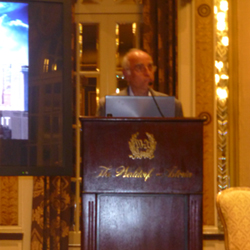
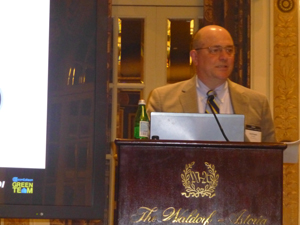
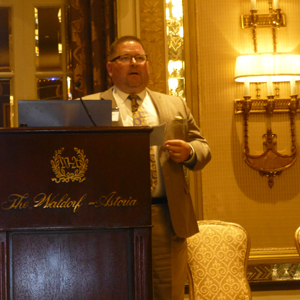
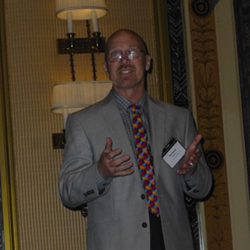





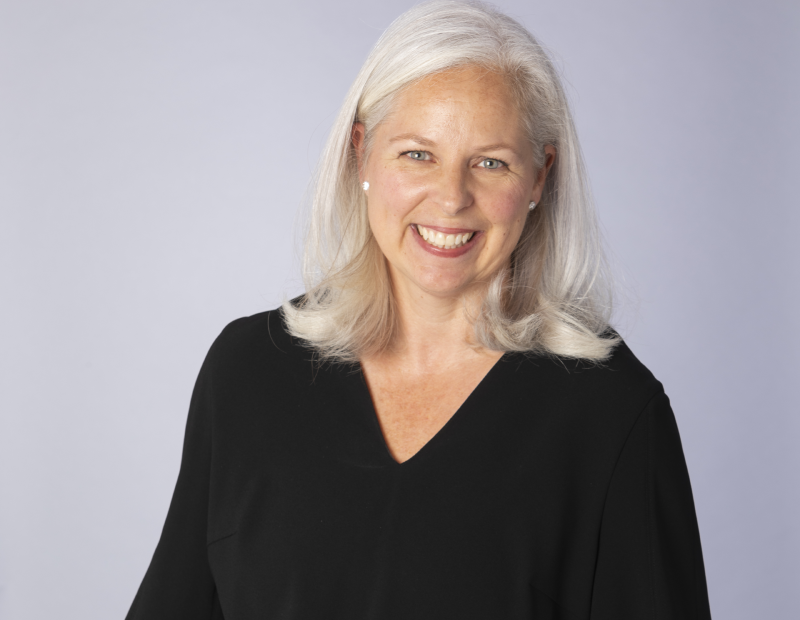
You must be logged in to post a comment.